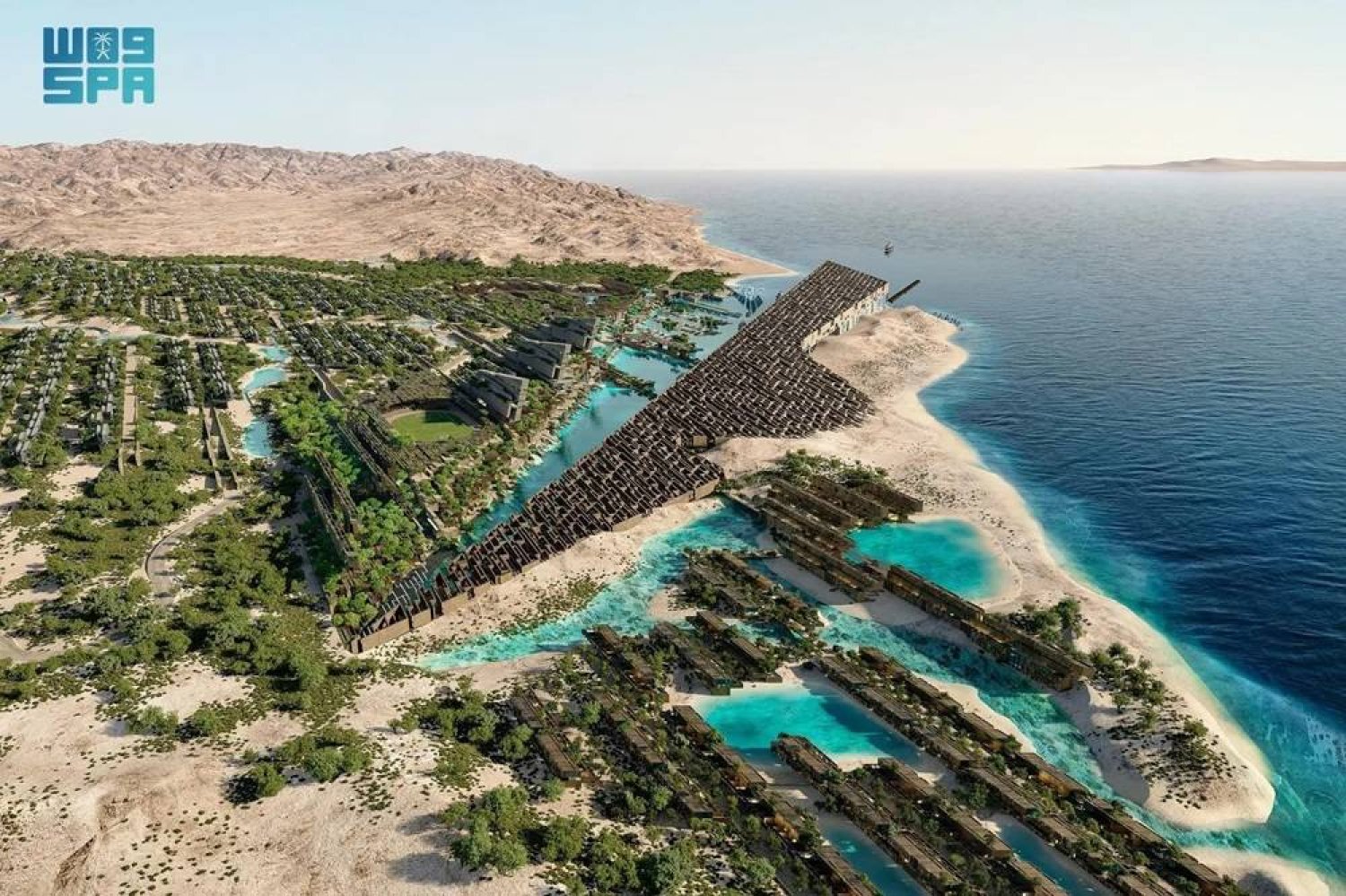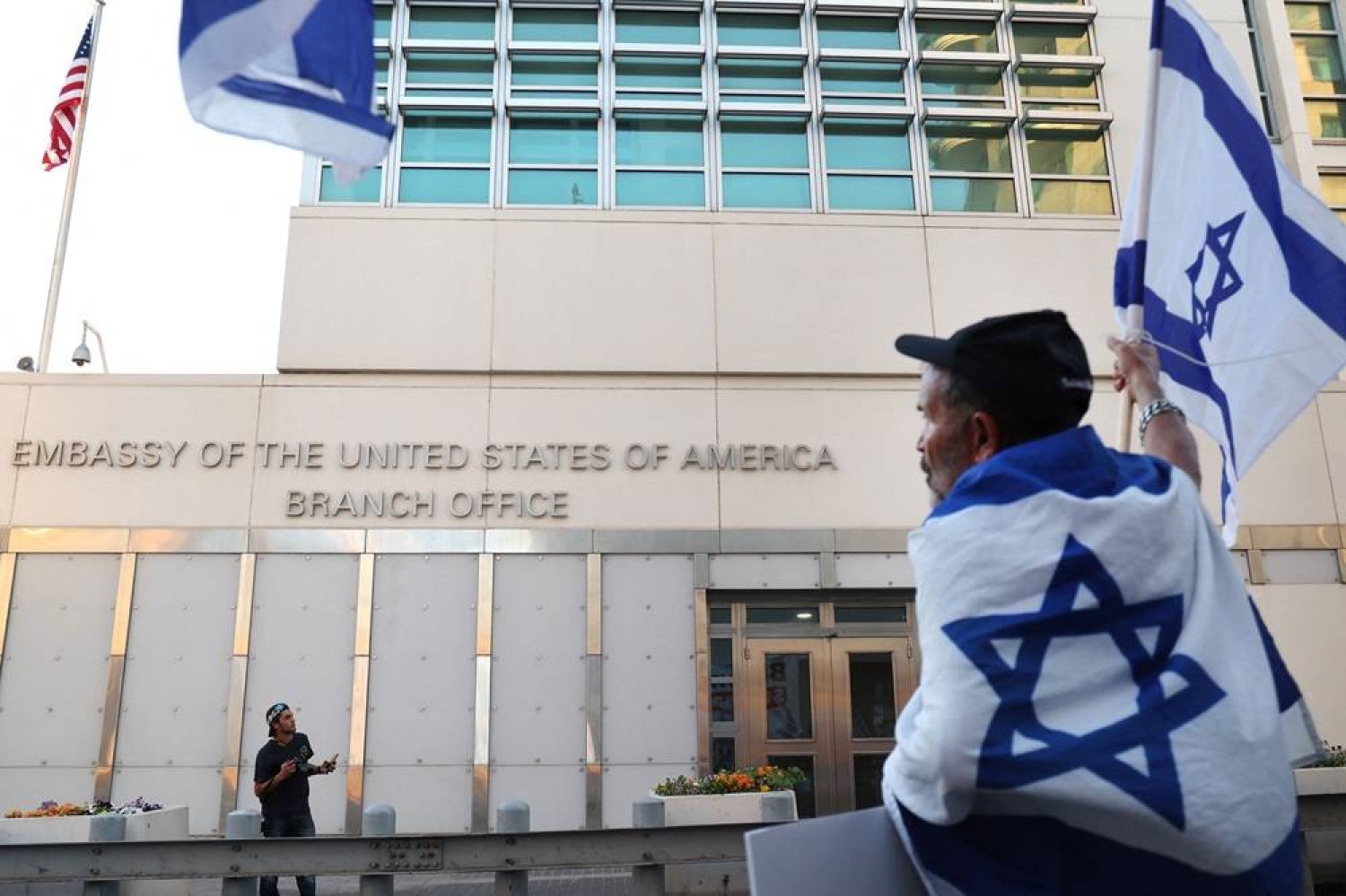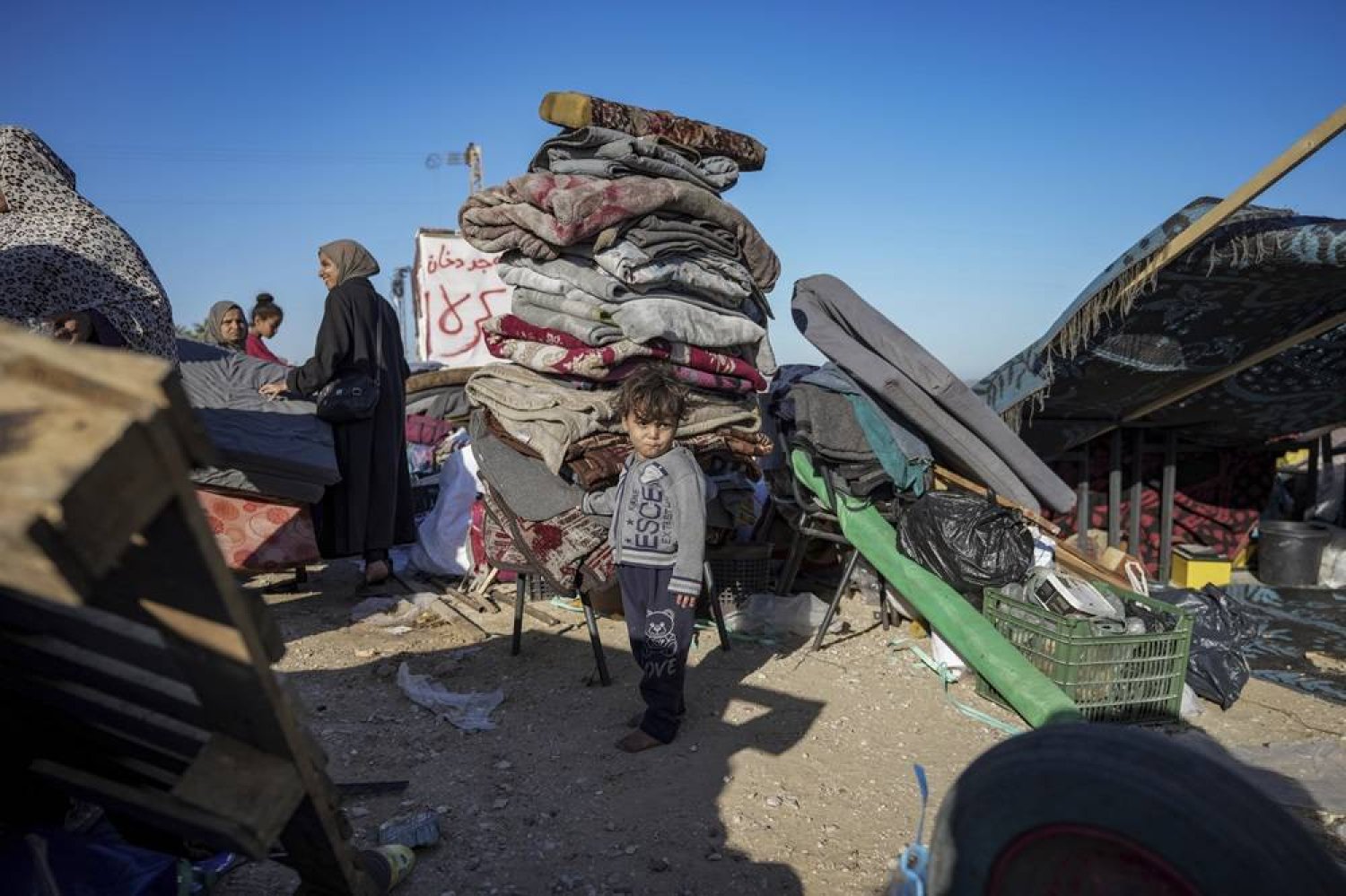Prime Minister Benjamin Netanyahu faces competing pressures at home and abroad when he weighs how far to push the operation to defeat Hamas in Rafah that complicates hopes of bringing Israeli hostages home.
Street demonstrations against the government by families and supporters of some of the more than 130 hostages still held in Gaza have become a constant fixture, with protestors demanding a ceasefire deal with Hamas to get them back.
Others are demanding the government and the Israeli Defense Forces press ahead with the Rafah operation against the remaining Hamas formations holding out around the city which began this week with air strikes and battles on the outskirts.
"We applaud the Israeli government and the IDF for going into Rafah," said Mirit Hoffman, a spokesperson for Mothers of IDF Soldiers, a group representing families of serving military personnel, which wants an uncompromising line to pressure Hamas into surrender.
"We think that this is how negotiations are done in the Middle East."
The opposing pressures mirror divisions in Netanyahu's cabinet between centrist ministers concerned at alienating Washington, Israel's most vital ally and supplier of arms, and religious nationalist hardliners determined to clear Hamas out of the Gaza Strip.
Hamas handed Netanyahu a dilemma this week when it declared it had accepted a ceasefire proposal brokered by Egypt for a halt to fighting in return for an exchange of hostages for Palestinian prisoners.
Israeli officials rejected the offer, accusing Hamas of altering the terms of the deal. But it did not break off negotiations and shuttle diplomacy continues, with CIA chief Bill Burns in Israel on Wednesday to meet Netanyahu.
Internationally, protests have spread against Israel's campaign in Gaza, which has so far killed more than 34,000 Palestinians, according to local health authorities, and spread malnutrition and disease in the enclave.
Seven months into the war, surveys show opinion in Israel has become increasingly divided since Netanyahu first vowed to crush Hamas in retaliation for the Oct. 7 attack that killed some 1,200 people, according to Israeli tallies, took more than 250 hostage, and triggered the campaign in Gaza.
"I understand that it's necessary to defeat Hamas but I think that can wait, and the hostages cannot wait," said Elisheva Leibler, 52, from Jerusalem. "Every second they're there poses immediate danger to their lives."
For the moment, Netanyahu has kept the cabinet together, rejecting the latest Hamas proposal for a ceasefire but keeping the negotiations alive by dispatching mid-ranking officials to Cairo, where Egyptian mediators are overseeing the process.
But the risks he faces by holding out against a deal, as his hard-right partners wish, were highlighted on Tuesday when Washington paused a shipment of weapons to signal its opposition to the long-promised Rafah assault.
DIVIDED OPINION
Despite his image as a security hawk, Netanyahu, Israel's longest serving prime minister, has struggled with a widespread perception that he was to blame for the security failures that allowed Hamas to overwhelm Israel's defenses around Gaza.
That has fed a mood of distrust among many Israelis who otherwise support strong action against Hamas.
A survey published on Wednesday for Channel 13 suggested that 56% of Israelis thought Netanyahu's chief consideration was his own political survival against only 30% who thought it was freeing the hostages.
A survey by the Israel Democracy Institute found just over half the population believed a deal to rescue the hostages should be the top government priority, over the aim of destroying the remaining Hamas formations.
But a separate poll by the Jewish People's Policy Institute (JPPI) found 61% thought the military must operate in Rafah no matter what. The Channel 13 poll found 41% in favor of accepting the deal and 44% opposed.
"I don't trust Hamas at all," said 81-year-old David Taub, from Jerusalem. "The only solution is to conquer Rafah, and then maybe, we hope, we pray, the hostages will come back to us."
For the moment, Netanyahu depends on the two hardliners from the nationalist religious bloc, Finance Minister Bezalel Smotrich and Security Minister Itamar Ben-Gvir, both of whom reject any suggestion of compromise.
Both have clashed repeatedly with Benny Gantz, the centrist former army general who joined the emergency wartime cabinet in the wake of Oct 7, and who is the leading contender to replace Netanyahu after new elections.
Gantz and his ally Gadi Eisenkot, another former army chief, are both sworn enemies of Hamas, but both have been alarmed at the deterioration in relations with the United States.
For the increasingly desperate hostage families, a mood of deepening exhaustion at the endless uncertainty has settled in, with hopes of a safe return overcoming any other consideration.
Niva Wenkert, mother of 22-year-old hostage Omer Wenkert, said she had no choice but to trust Israeli leaders but that not enough had been done.
"The hostages are still in Gaza, the military actions almost stopped and the feelings are very, very bad. I want Omer back."
















